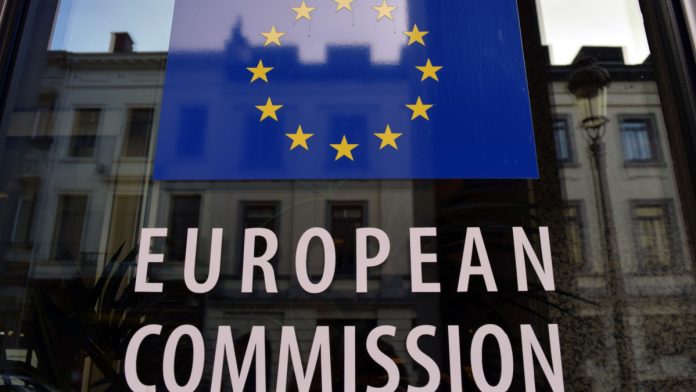The European Commission (EC) has opened its first investigations into non-compliance with the Digital Markets Act (DMA) – and big tech may be in the firing line.
Amazon, Apple, Meta, Microsoft and Alphabet – the latter the parent company of Google – face EC investigation into possible antitrust breaches of the DMA, and have asked to ‘retain certain documents’ by the Commission.
The EU’s executive body intends to use these documents to build up evidence and support its investigation into possible antitrust violations of the DMA.
The legislation was first introduced to the European Parliament in November 2020 as a result of antitrust investigations, and was enacted in May 2023.
According to Executive Vice President of the European Commission for A Europe Fit for the Digital Age, Margrethe Vestager, five investigations have been opened – one for each of the Big Tech firms listed above.
These companies had previously been identified as ‘gatekeepers’ to certain technologies, including payments technology, by the DMA.
Vestager explained that the EC has been working with these gatekeepers to ensure compliance, but that feedback shows that ‘certain compliance measures fail to achieve their objectives and fall short of expectations’.
“We will continue to use all available tools should any gatekeeper try to circumvent or to undermine the obligations of the DMA,” Vestager remarked.
“It is important for us to achieve the objectives of the DMA such that consumers have the benefits of open and contestable markets. A market with competition.”
Big Tech firms have found themselves increasingly under regulatory spotlights across various jurisdictions for apparent anti-competitive over the past year. This has primarily revolved restricting access to certain technologies.
In today’s announcement, Vestager noted cases involving Apple and Apple Pay as examples of the EC’s activity around antitrust. A long-running legal challenge led to the Silicon Valley tech giant agreeing to share its payments technology to third-parties.
However, this has not put an end to the legal battle. Last month, FT cited five individuals with ‘direct knowledge’ of the situation in a report claiming that the EC is due to announce a €500m fine against Apple for anti-competitive, primarily relating to its APple music product.
In the EC’s latest investigation, the executive body has identified three requirements of the DMA where the COmmission believes Big Tech may be breaching rules.
Firstly, gatekeepers must allow business leaders to communicate freely with end users. The second concerns anti-steering laws, with Vestager stating that Apple and Alphabets operations in particular in this area ‘seems to be at odds with the letter of the law’.
“Apple and Alphabet still charge various recurring fees and still limit steering,” she said. “We will investigate to what extent these fees and limitations defeat the purpose of the anti-steering provision and by that, limit consumer choice.”
The third and final investigation area concerns the DMA requirement that closed ecosystems be made open to ‘enable competition at all levels’. The EC believes that the design of APple’s web browser limits users’ ability to make an informed decision while also raising concerns about apps being un-installable.
Across Europe and further afield, Big Tech firms continue to face challenges to the clear dominance they hold over competition. THis goes beyond the borders of the EU.
FOr example, the UK’s Financial Conduct Authority (FCA) is overseeing a consultation on whether or not Big Tech firms benefit from a data disparity, whilst the US Department of Justice (DOJ) has launched a lawsuit against Apple over anti-competition.























